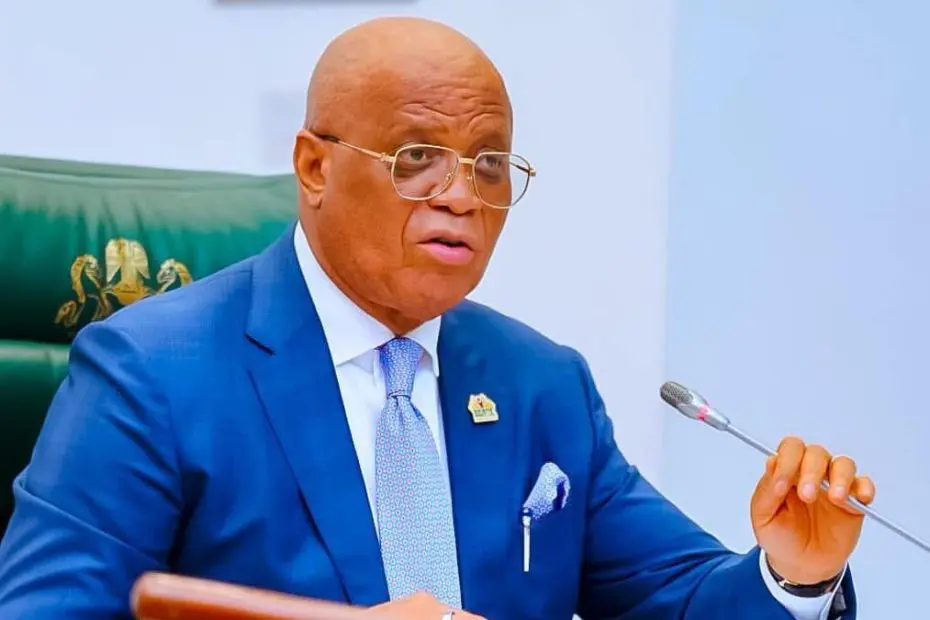Akwa Ibom State Governor Umo Eno has sharply criticized political detractors of Nigerian President Bola Tinubu, arguing that persistent opposition to the administration’s policies often stems from partisan motives rather than substantive governance concerns. During a Tuesday interview with Channels Television, the governor dismissed critics as unserious, claiming even a hypothetical “angel” leading the country would face unwarranted condemnation.
“If an angel were sent to govern Nigeria or Akwa Ibom State, some would still label that angel a devil or Lucifer,” Eno asserted. He framed the critiques as politically driven, particularly targeting individuals who previously held public office. “Many of these critics have served in government themselves. My question is: What impact did they make? If you want to condemn the president, let it come from fresh voices. Those with prior governance experience should first present their own report cards.”
The governor challenged former officials to account for their roles in shaping Nigeria’s current economic challenges, including controversies over fuel subsidies. He pointed to allegations of corruption in past subsidy programs, referencing a book by a former chairman of Nigeria’s Economic and Financial Crimes Commission (EFCC) that detailed widespread fraud in the system. “Who actually benefited from subsidies?” Eno asked, urging critics to examine documented evidence of malfeasance.
Eno’s remarks come amid heightened debates over Tinubu’s reforms, including the contentious decision to remove fuel subsidies—a move critics argue has exacerbated inflation and living costs. While acknowledging Nigeria’s struggles, the governor emphasized the need for accountability among political elites, suggesting that past leaders share responsibility for systemic issues.
His defense of Tinubu aligns with broader efforts by the ruling All Progressives Congress (APC) to deflect criticism of its economic policies. However, Eno’s comments also reflect simmering tensions within Nigeria’s political class, where critiques of governance often intersect with rivalries between former and current officeholders. Analysts note that calls for “scorecards” could resonate with citizens weary of corruption but may also be perceived as deflecting scrutiny from the current administration’s performance.
The subsidy debate remains a flashpoint in Nigerian politics, with audits revealing billions lost to graft under previous governments. Eno’s invocation of the EFCC’s findings underscores longstanding public frustration over resource mismanagement, though critics counter that current leaders must still address fallout from recent reforms. As economic pressures persist, the governor’s challenge to predecessors highlights the complex interplay of accountability and partisanship shaping Nigeria’s governance landscape.
